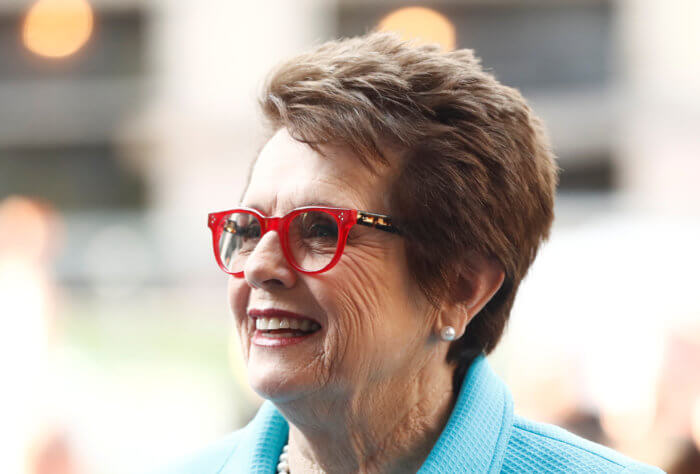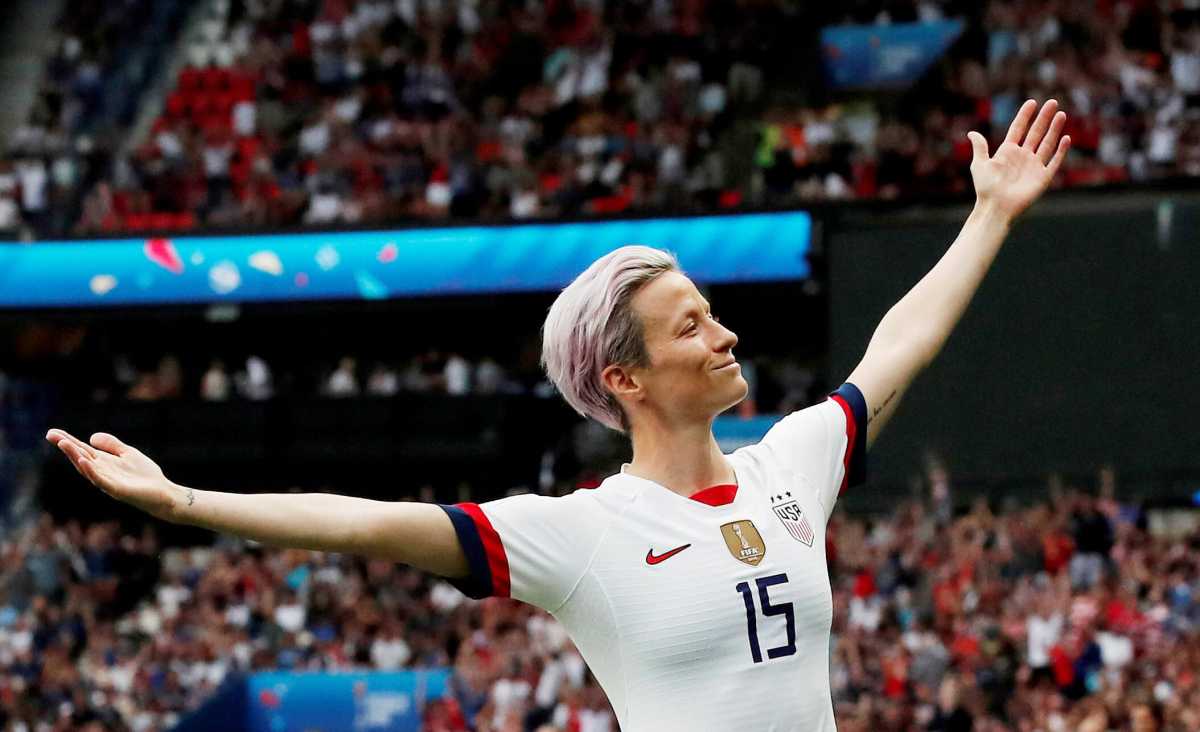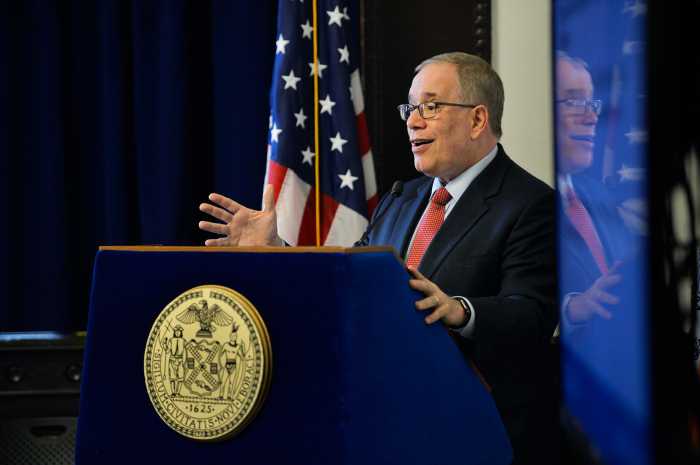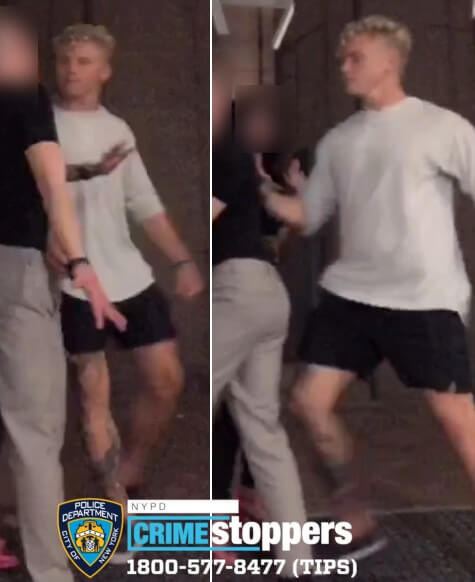Nearly 200 athletes across women’s sports — including out lesbians like soccer star Megan Rapinoe and former tennis sensation Billie Jean King — are teaming up with prominent sports corporations, medical experts, advocates, and LGBTQ groups in opposition to a law in Idaho banning transgender girls and women from participating in sports.
The broad coalition filed friend-of-the-court briefs in the latest development surrounding a law that has drawn widespread criticism for sidelining trans athletes and some intersex athletes while also subjecting individuals to invasive “testing” in Idaho.
“There is no place in any sport for discrimination of any kind,” King said in a written statement. “I’m proud to support all transgender athletes who simply want the access and opportunity to compete in the sport they love. The global athletic community grows stronger when we welcome and champion all athletes — including LGBTQI+ athletes.”
Idaho state lawmakers first approved the law, HB 500, in March, and Governor Brad Little subsequently signed it into law. But the measure was later blocked by Chief US District Judge for Idaho David C. Nye when he issued an injunction on August 17 after the American Civil Liberties Union (ACLU) filed a lawsuit on behalf of two Boise State University students. One of those students, Lindsay Hecox, is transgender and wants to play on sports teams, and the other is an anonymous cisgender Boise State University student who is worried about facing invasive testing.
The state of Idaho subsequently appealed the case to the Ninth Circuit, prompting the large wave of sports figures and organizations to join forces and urge the court to protect trans rights in sports. Lambda Legal, Athlete Ally, the Women’s Sports Foundation, three former Idaho attorneys general, dozens of women’s rights groups, and the American Medical Association were among those signing on, while business interests like Nike, Amalgamated Bank, and Ben & Jerry’s stepped up with corporate pressure against the measure.

The show of force, led by women, amounted to a clear repudiation of the unsubstantiated argument that transgender women compromise fairness in women’s sports — a talking point that has been perpetuated across the sports world as conservatives and even some Democrats have sought to impose similar bans on trans athletes in different states and regions. Congressmember Tulsi Gabbard of Hawaii, who recently proposed legislation intended to exclude trans women and some non-binary individuals from Title IX protections, was the latest to push that same argument when she said her bill would “ensure women and girls in sports have the opportunity to compete and excel on a level playing field.”
Many of those who joined the court briefs in the Idaho case took a direct shot at those “fairness” arguments with personal stories of their own. Lori Lindsay, a former soccer player who was a member of the US women’s national team, stressed that she was able to continue playing after she came out as lesbian. That wouldn’t be the case for trans student-athletes in Idaho if the law went into effect.
“I gained the tremendous gift of being fully myself and showing other LGBTQ+ athletes that there’s a place for them in sport,” Lindsay said in a written statement.
Lambda Legal staff attorney Carl Charles pointed to the consistent message of current and former athletes emphasizing the benefits of playing sports — a message often reserved for young children — as they make the case for inclusion.
“The dozens of athletes joining this brief — many internationally recognized stars, while others still in college and high school — share one thing in common: a deep understanding and appreciation of the life-long benefits that come from participation in sports,” Charles said in a written statement. “They acknowledge they would not have accessed these benefits without the guarantee of equal opportunity to participate in sports in primary, secondary, and university schools. They recognize the value of inclusive and welcoming sports environments and firmly believe laws like H.B. 500 that single out groups of women and girls from participation in sports harm the entire athletic community.”
Hecox, who wants to compete in women’s sports at her school, welcomed the support flowing in from across the sports world.
“It means a lot to me that so many people are on my side and supporting me,” Hecox said.
The court has yet to schedule a date for oral arguments in the case, according to the ACLU.
To sign up for the Gay City News email newsletter, visit gaycitynews.com/newsletter.




































